By Xue Lingqiao
(ECNS) -- German Chancellor Olaf Scholz's recent visit to China has attracted global attention. Commenting bilateral cooperation concerning renewable energy and manufacturing new energy vehicles in a recent interview with China News Network, Hans-Josef Fell, president of think tank Energy Watch Group, suggested German companies continue to invest in the massive, burgeoning Chinese market, while calling on Chinese counterparts to follow suit in Europe.
Facing a rising global temperature, Fell also pointed out that the two countries should work together to reduce greenhouse gas emissions globally and advance the development of renewable energies, and take advantage of new energy technologies to cooperate to make the best cars.
During Chinese President Xi Jinping's meeting with Scholz on Tuesday, Xi noted that there is huge potential to be tapped for pursuing win-win cooperation in both traditional sectors such as machinery and automobile, and new areas such as green transition, digitization and artificial intelligence.
China's decarbonization drive hailed a success
"China now is the biggest manufacturer of renewable energies in the world," Fell said, indicating that the country's carbon-free & renewable energy technologies are important to the world. He also commended China's decarbonization efforts.
Noting that the global temperature is now rising fast, and that human being is adversely affected by the worsening climate, Fell pointed out that all countries across the globe should collaborate together to tackle climate change and other environmental challenges. Particularly, Germany and China should work together to reduce greenhouse gas emissions globally, added Fell.
Fell stressed that the implementation of renewables plays a decisive role in global environmental protection. In this regard, he holds high hopes for China's development of renewable energies, believing that Chinese manufacturing can bring the world into the a zero-emission future.
China has seen rapid growth of the renewable-energy industry in recent years. According to data from China's National Energy Administration, the country's total installed capacity of renewable energy exceeded 1.516 billion kilowatts by the end of 2023, accounting for nearly 40 percent of the world's installed renewable power generation capacity.
Talking of visiting China's northwest Gobi Desert, Fell said that he saw huge areas of green trees. He celebrated China's efforts as an example for other countries to follow in removing carbon from the atmosphere.
At the end of last year, the 28th session of the Conference of the Parties (COP28) to the United Nations Framework Convention on Climate Change was held at the United Arab Emirates, with a consensus being reached to triple global renewable energy capacity by 2030. To this end, Fell suggested that Germany and China should take this opportunity to strengthen the development of renewable energy and clean transportation. He also called for implementation of new energies to expedite economic development and achieve exponential growth.
Energy cooperation in focus
Collaboration remains key to bilateral industrial communication
Collaboration is a much better way in the bilateral relationship, said Fell. From his perspective, apart from long-existing cooperation in automotive manufacturing, new energy and battery technologies serve new cooperative prospects between Germany and China. To this end, he hopes that the two countries can deepen industrial cooperation and strengthen technological exchanges.
Fell believes that the new energy industry could become a main drive for future economic development. Observing that China provides 90 percent of all solar modules globally, he implies that the world, including Europe, should develop new energy technologies including photovoltaic batteries.
Talking about the automotive industries, Fell said that Germany has a very, very big automotive industry, with rich experience in traditional car manufacturing, especially in the driving system, wheels, and other auto parts, while China is witnessing fast development of electric and clean cars, Fell noted.
Fell further pointed out that the two countries can cooperate to make the best cars if China's experience in batteries and zero emission technologies can be integrated with the edges of German and U.S. car manufacturers.
To achieve win-win cooperation in the automotive industry, Fell suggested that China should open new factories in Germany, whereas German car manufacturers should promote widespread adoption of new Chinese technologies in the production line, citing German companies like Volkswagen and Daimler (now Mercedes-Benz) as outstanding examples of successful technological cooperation. Moreover, some German companies have started cooperating with Chinese battery manufacturers to produce car batteries in German factories, Fell mentioned.
During Tuesday's meeting with Chancellor Scholz, Chinese President Xi Jinping noted that the industrial and supply chains of China and Germany are deeply intertwined, and that the markets of the two countries are highly interdependent. Mutually beneficial cooperation between China and Germany is not a "risk," but the guarantee for a stable bilateral relationship and an opportunity for the future.
There is huge potential to be tapped for pursuing win-win cooperation in both traditional sectors such as machinery and automobile, and new areas such as green transition, digitization and artificial intelligence, Xi said.
"Germany and China can become a very good partner to work together for all the issues," Fell concluded, saying that the two countries should find solutions on how to work together.








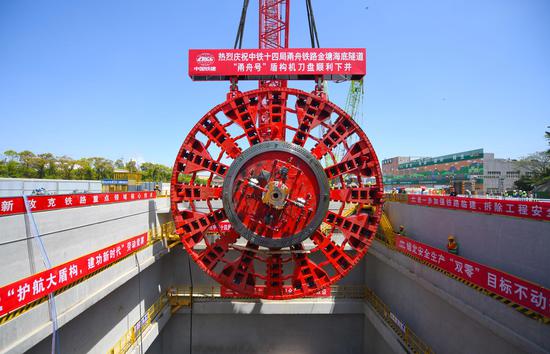
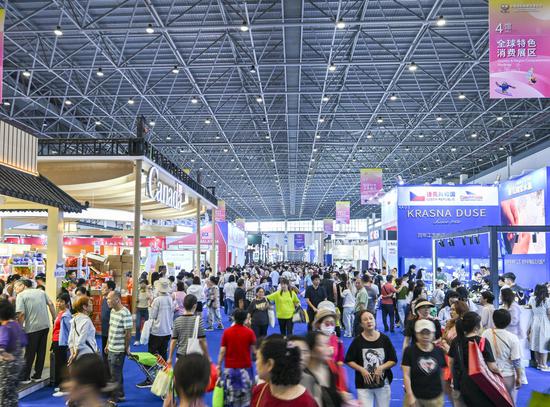

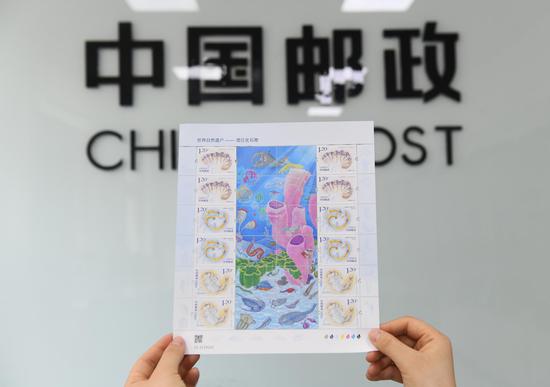
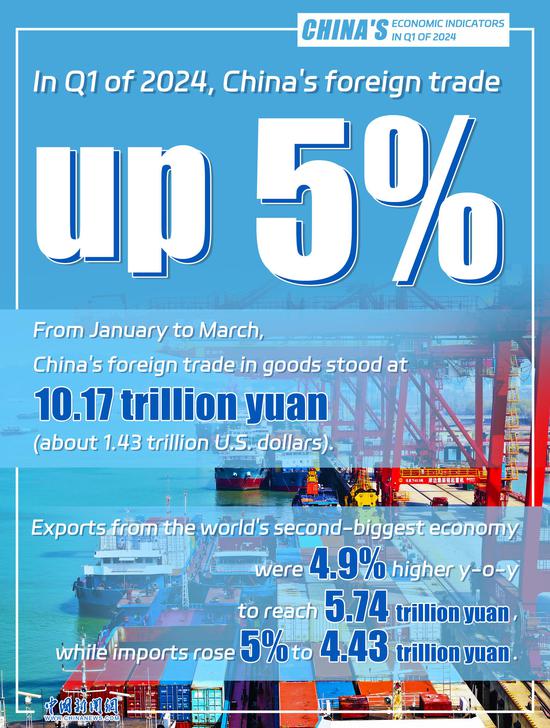

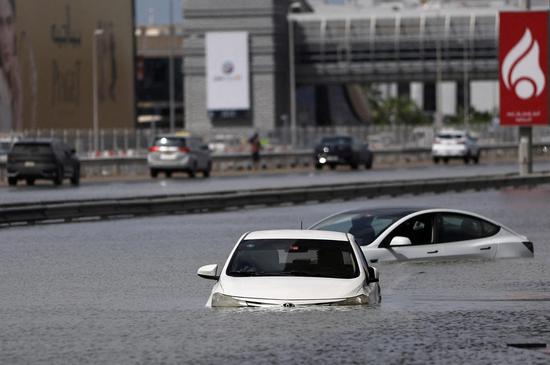


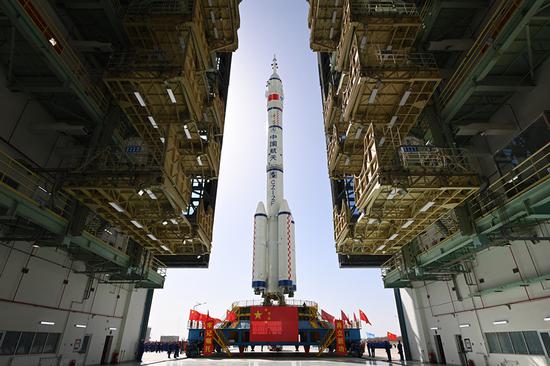




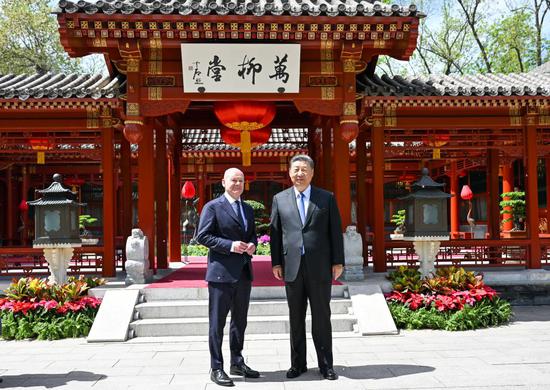
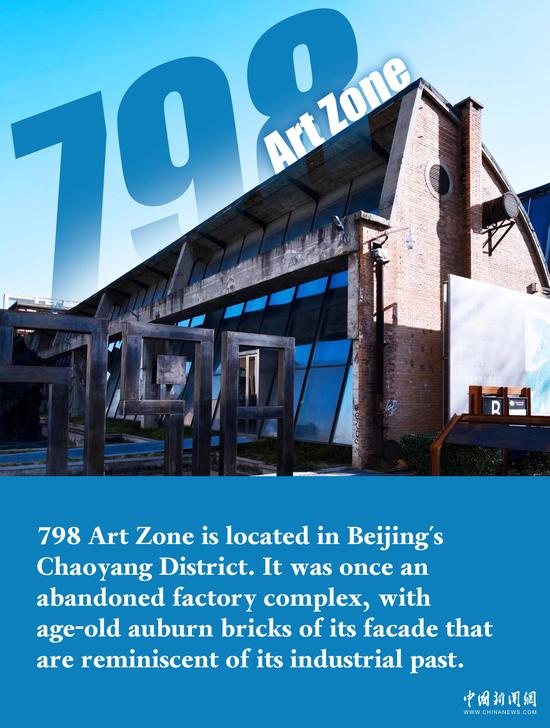

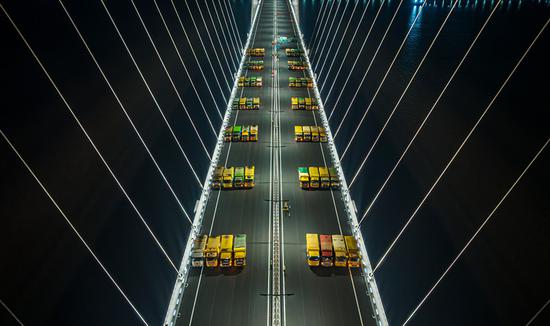
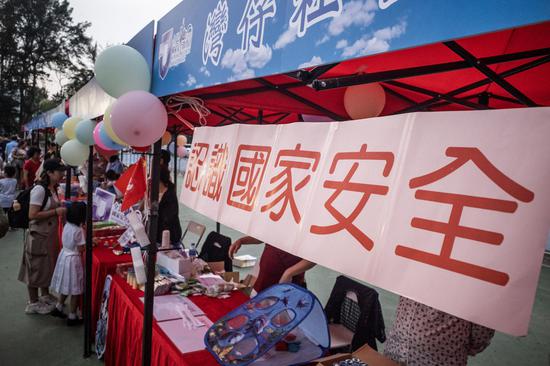
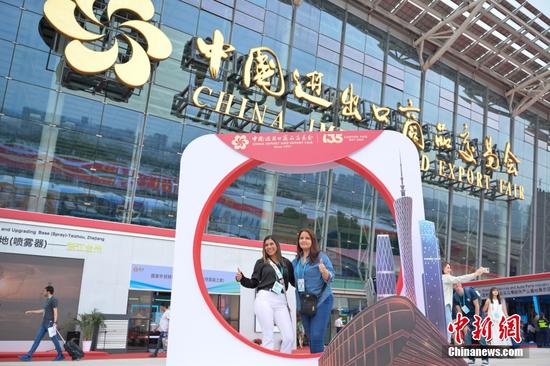


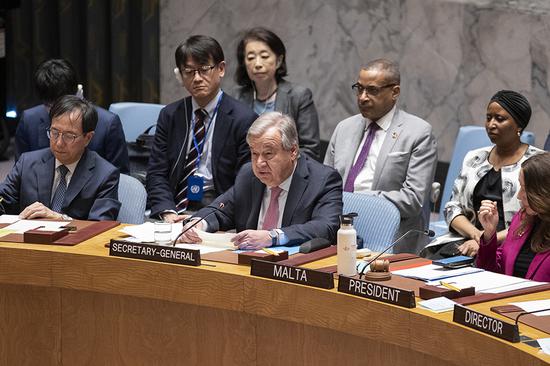
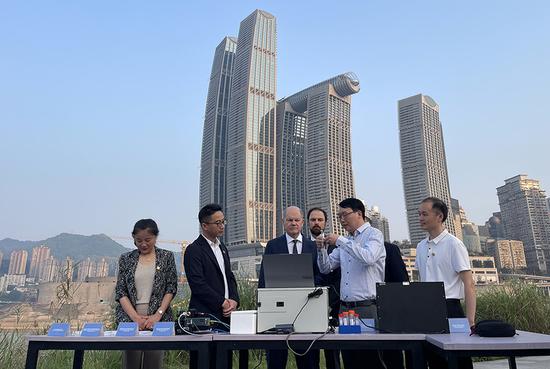
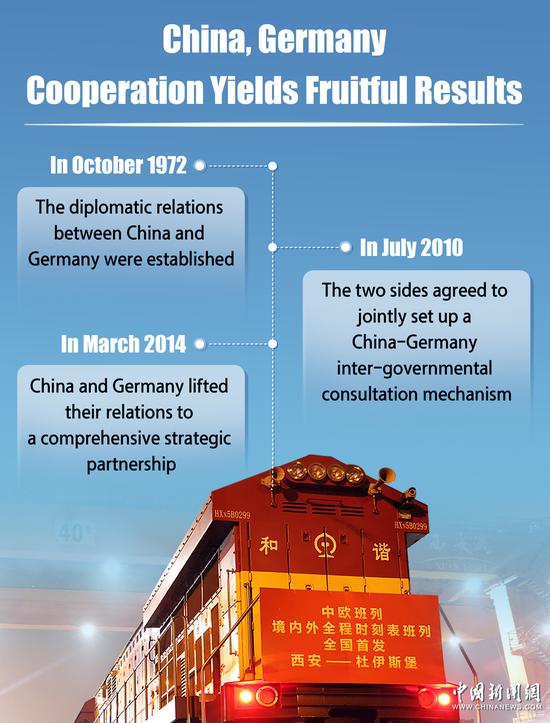

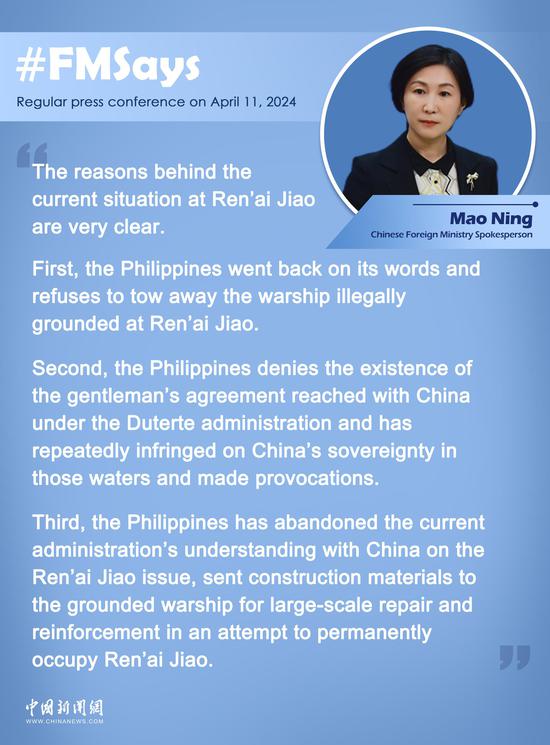
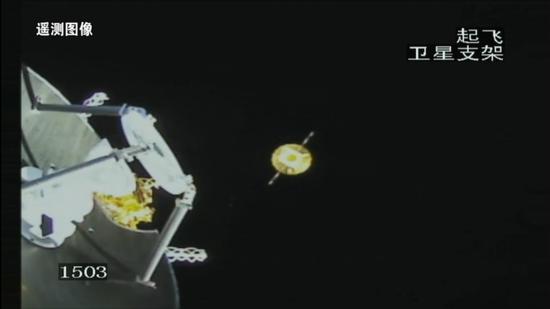
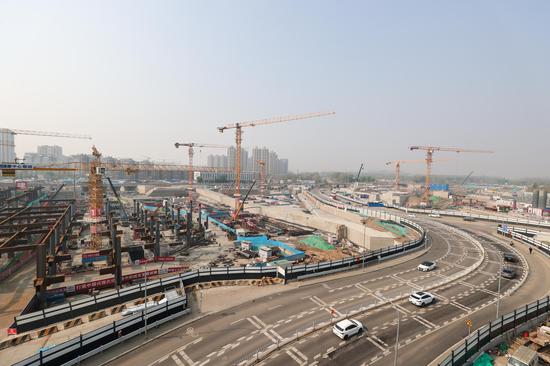

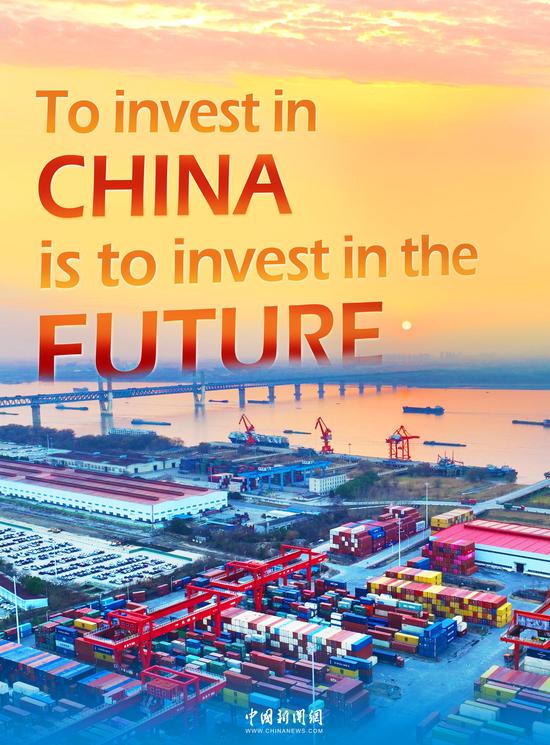
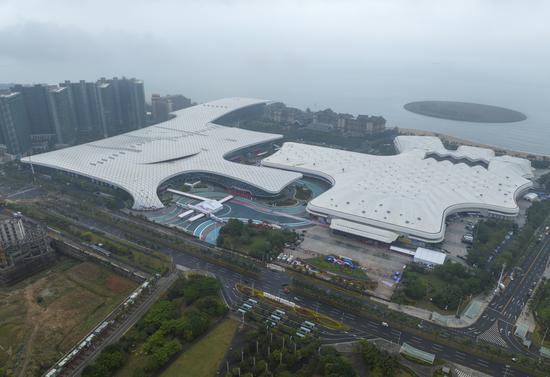


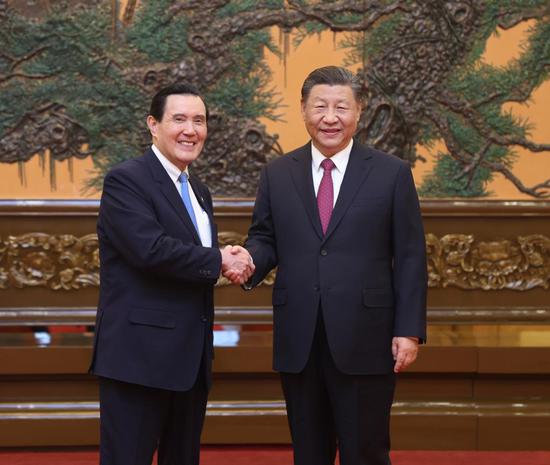

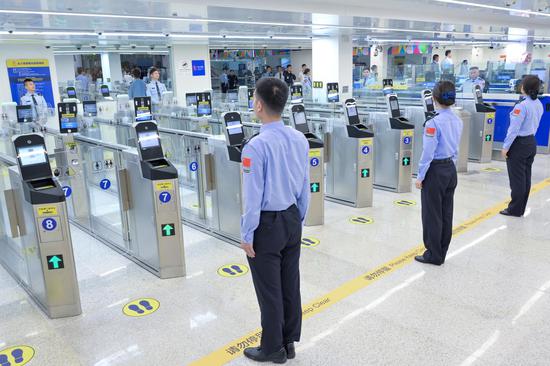



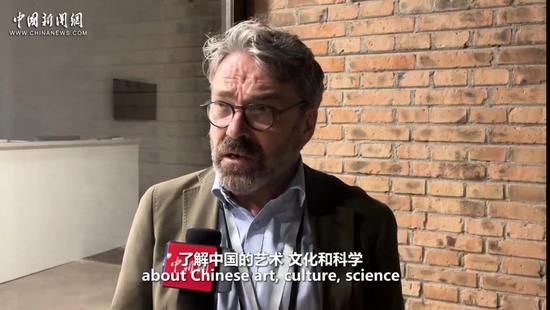

 京公网安备 11010202009201号
京公网安备 11010202009201号